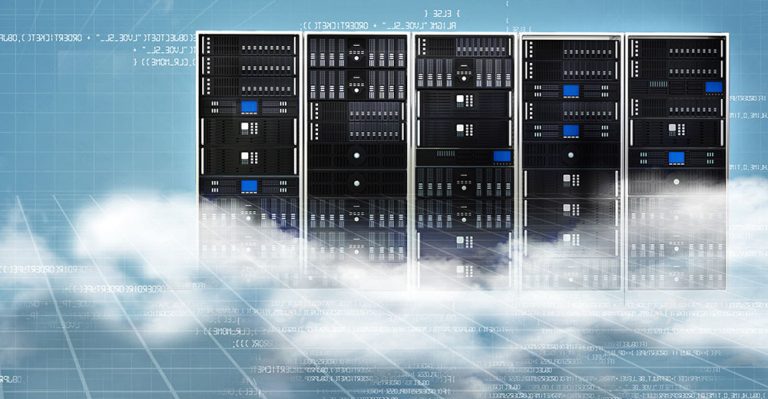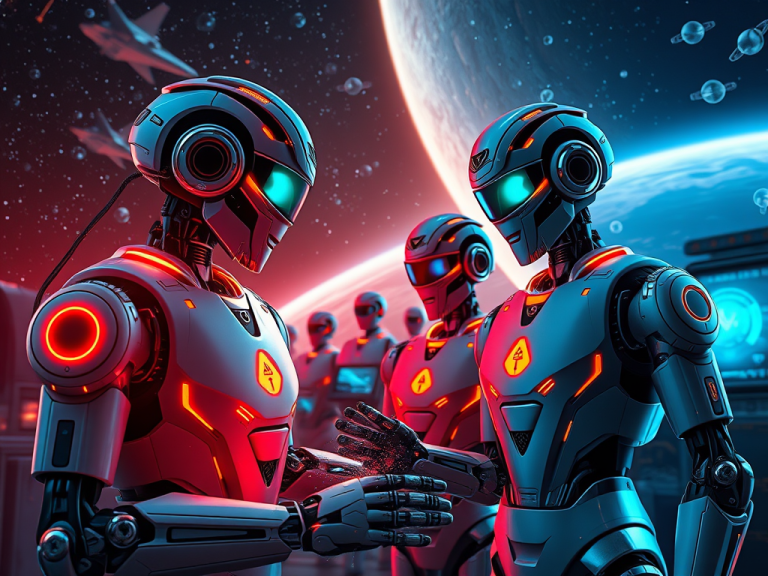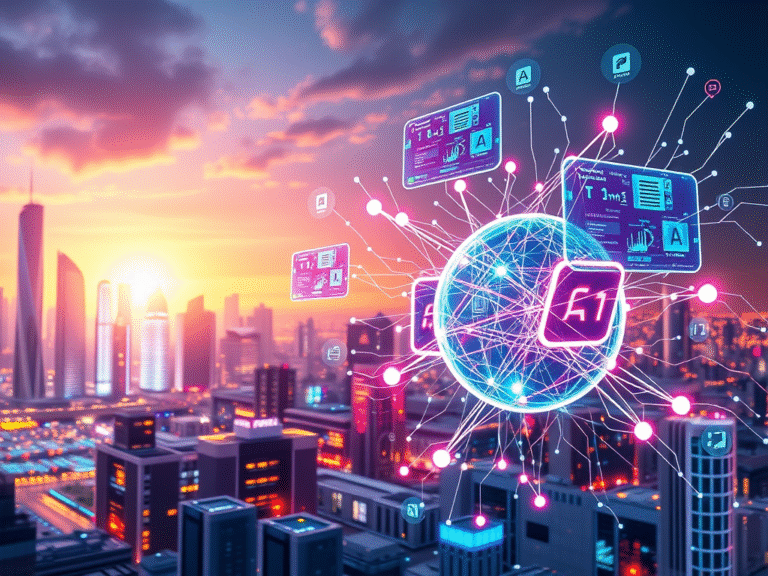In 2025, a remarkable transformation is underway across the American tech landscape. The convergence of Agentic AI and Quantum Computing is no longer a vision of the future but a force actively shaping industries and decision-making frameworks today. These two powerful technologies, once treated as separate breakthroughs, are now functioning together in ways that are reshaping our understanding of speed, scale, and intelligence in digital systems.
Agentic AI and Quantum Computing in 2025 are leading a shift from reactive tools to proactive, autonomous, and predictive systems. This combination is being embedded in sectors as diverse as healthcare, finance, defense, and logistics, with results that are already challenging traditional computing norms.

The Rise of Agentic AI in Real-World Environments
Agentic AI refers to systems designed not just to respond to human input but to function independently, making decisions, setting goals, and taking actions based on context and learned experience. Unlike traditional machine learning models that require fixed input and output flows, agentic systems observe environments, reason through options, and select actions accordingly. These systems are now acting as digital collaborators, assisting in everything from corporate strategy to real-time customer engagement.
In 2025, agentic systems are far more sophisticated than early chatbot models. They are now capable of long-term task execution, adaptive learning, and the ability to operate across multiple domains. Businesses are deploying them to optimize operations, scientists are using them to drive experimental design, and governments are testing their potential in autonomous policy simulations. When paired with the computational scale and speed of quantum systems, these agents become dramatically more effective.
Quantum Computing Matures in 2025
Once confined to research institutions, Quantum Computing in 2025 has reached early commercial maturity in the United States. Through years of federal funding, academic innovation, and private investment, the country now leads in developing quantum platforms that are being integrated into practical applications. Companies like IBM and Google are offering quantum services through cloud-based platforms, while startups continue to expand the boundaries of quantum hardware accessibility.
These systems use qubits—quantum bits—that can exist in multiple states at once, thanks to the principles of superposition and entanglement. This allows them to explore thousands or even millions of potential solutions simultaneously, a process that would take classical computers days or weeks. Quantum Computing in 2025 is no longer just a promise; it is now actively contributing to solving problems related to molecular simulations, encryption, and complex optimization.
Agentic AI and Quantum Computing in 2025: A Powerful Partnership
The fusion of Agentic AI and Quantum Computing is not merely additive. Together, they create entirely new modes of reasoning, simulation, and automation. Agentic systems can use quantum hardware to rapidly explore large solution spaces, learn from outputs, and adjust strategies on the fly. Likewise, quantum systems benefit from AI-driven optimization, where agents help refine circuit designs or quantum algorithms based on desired outcomes.
This partnership is already being applied in high-impact domains. In healthcare, for example, quantum systems simulate molecular interactions within seconds. Agentic AI then interprets those results, proposing new compound structures or treatment protocols without human prompting. In finance, AI agents act as autonomous analysts that monitor markets, forecast risk, and adapt strategies in real time, all powered by quantum-accelerated models.
A New Era in Healthcare, Finance, and Security
The practical impact of Agentic AI and Quantum Computing in 2025 is most visible in three key sectors: healthcare, cybersecurity, and finance.
In healthcare, these technologies are driving precision medicine to new levels. AI agents analyze quantum-simulated biological models to propose individualized therapies based on a patient’s unique genetic makeup. Hospitals are integrating AI agents that monitor patient vitals continuously and can alert staff, initiate triage protocols, or adjust care plans in real time. The speed and accuracy provided by quantum computation help reduce diagnostic errors and accelerate drug discovery.
Cybersecurity, long a concern in the face of quantum threats, is also being fortified through this partnership. While quantum systems could one day break classical encryption, they are also being used to enhance digital defenses. AI agents monitor networks, detect anomalous patterns, and use quantum techniques to decrypt suspicious traffic or predict breach pathways. This proactive approach has already begun to transform national defense infrastructure and financial fraud detection systems.
In finance, quantum-enhanced AI is redefining how we understand and manage risk. Trading platforms are employing agents capable of analyzing thousands of market conditions and financial instruments in real time. Portfolio managers now rely on AI systems that simulate economic scenarios using quantum engines, allowing for more accurate, responsive investment decisions. This has led to measurable improvements in asset performance and risk mitigation since the beginning of the year.
The United States at the Forefront
Much of the global progress in Agentic AI and Quantum Computing in 2025 is being driven by developments in the United States. Legislative efforts, such as the National Quantum Initiative, renewed in 2024, have accelerated public investment in quantum infrastructure. Defense agencies including DARPA are working on AI-agent deployment for autonomous decision-making, while NASA is testing these systems in mission planning and simulation.
Academic institutions continue to serve as incubators for innovation. MIT, Stanford, and the University of Chicago are running joint labs that develop both the theoretical and applied aspects of AI-quantum integration. Startups across the country are emerging from these ecosystems with new approaches to scalable quantum software and self-adaptive agents.
This strategic alignment between research, regulation, and enterprise ensures that the U.S. remains a leader in setting standards for responsible innovation. These developments are not only technical but also geopolitical, shaping how global systems of trust, communication, and governance evolve.
Ethical Boundaries and the Need for Guardrails
As Agentic AI and Quantum Computing in 2025 gain momentum, ethical considerations grow more urgent. The autonomy granted to agentic systems raises questions about transparency, accountability, and unintended consequences. Who is responsible when an AI agent makes a harmful decision based on quantum data that no human can fully comprehend?
There are also concerns around bias amplification, privacy erosion, and the potential misuse of quantum-enhanced capabilities. In response, U.S. lawmakers are introducing regulations aimed at explainable AI, auditing standards for quantum simulations, and stronger frameworks for algorithmic governance. Industry and academia are collaborating to develop open-source ethics tools and third-party verification protocols.
These safeguards will be essential as we push further into a future where machines not only think but act, sometimes far beyond human understanding.
Looking Ahead: Toward a Self-Improving Digital Ecosystem
As 2025 progresses, the combination of Agentic AI and Quantum Computing will continue to deepen. Systems will become more autonomous, more interpretable, and more capable of improving themselves over time. Researchers are already exploring AI agents that can redesign their quantum environments based on performance goals. Quantum systems are being trained to explain their logic to human users, improving trust and collaboration.
The long-term vision involves fully self-improving digital ecosystems—networks of agentic and quantum-powered systems that operate in tandem, adapt continuously, and unlock unprecedented levels of performance and innovation. The road ahead is complex, but the tools are already here, and their impact is growing by the day.
Conclusion
Agentic AI and Quantum Computing in 2025 represent not just an evolution in technology but a fundamental shift in how computation is understood and applied. Together, they are powering smarter, faster, and more autonomous systems that are already transforming critical industries. The future is not a distant concept. It is active, operational, and increasingly guided by the invisible hands of agents and qubits working in tandem.





